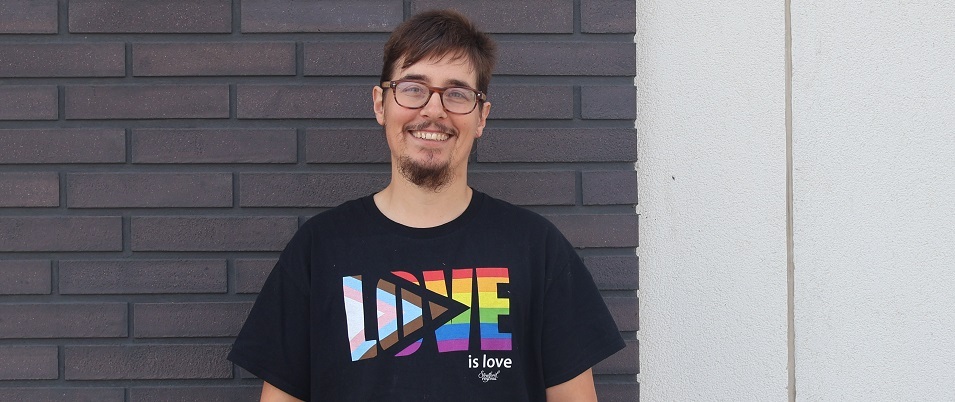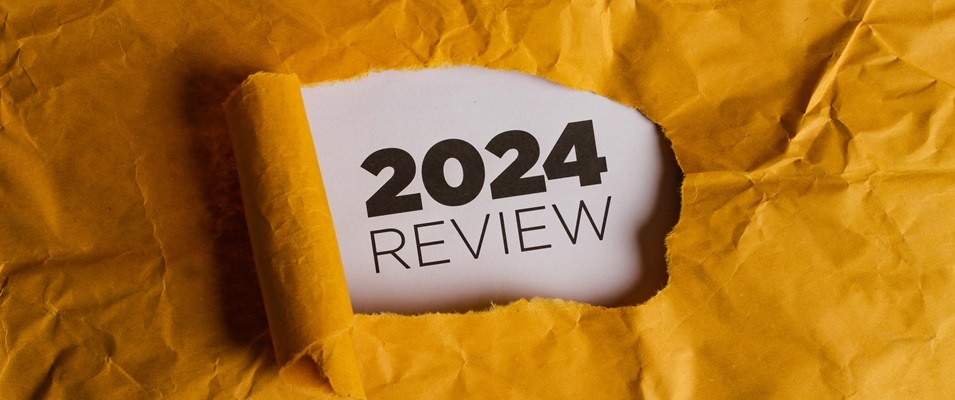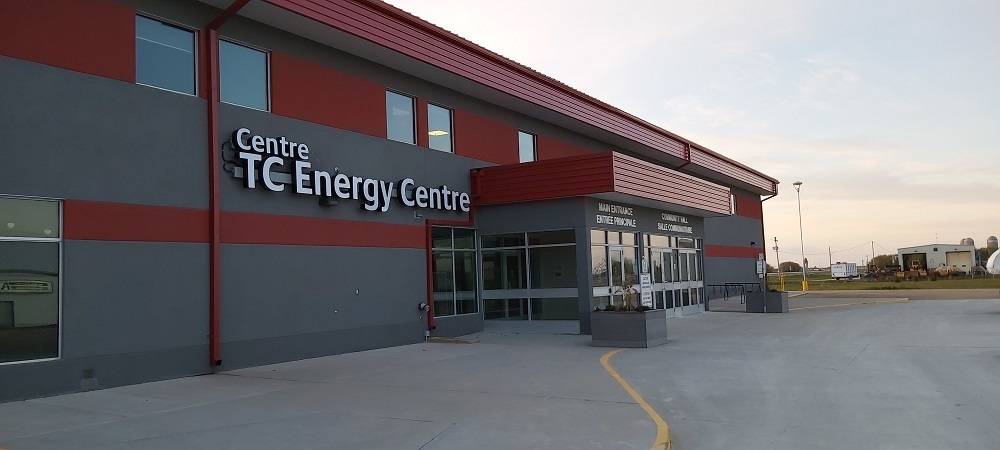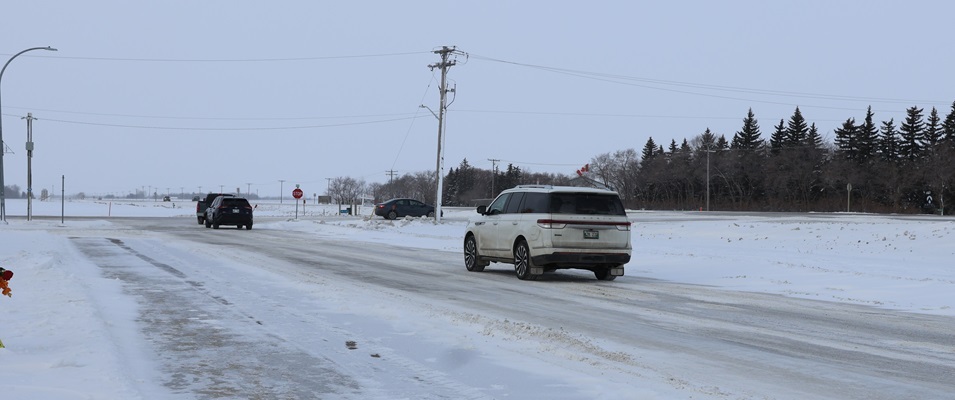
Trevor Kirczenow is not new on the political landscape, but he’s a novel face when it comes to running for provincial office. Kirczenow ran as the Liberal candidate for Provencher in both the 2019 and 2021 federal elections.
On October 3, his will be one of three names on the ballot in Springfield-Ritchot.
Kirczenow holds a degree in political science, but his career path over the years has been varied.
He first came to Manitoba to play with the Winnipeg Symphony Orchestra. Since then, he’s become a published author and advocate for diabetes sufferers.
He’s also an animal lover who works with horses using a science-based method of positive reinforcement to help calm them when at the vet or farrier.
While the riding has long been dominated by Conservatives, Kirczenow isn’t daunted.
He points to the last provincial byelection in Fort Whyte, where Manitoba Liberal candidate Willard Reaves lost to the PC candidate Obby Khan by a very narrow margin. That, too, is a riding that’s been dominated by the PCs since 1999.
“You just never know,” Kirczenow says. “I think there’s a lot of frustration right now with the PCs in a lot of different ways.”
The primary catalyst that pulled him back into the political arena, he says, is the argument going on right now over the right to mine for silica sand in his home RM of Springfield.
“I am opposed to it,” says Kirczenow. “I was clear about that already in the 2021 election. From the start, the Manitoba Liberal party has been vocal and speaking up for the residents in this area. It’s something that people feel really strongly about and it’s under the realm of the province to make the [final] decision on that.”
From his farm near Dugald where he lives with his partner, two children, and a slew of animals, he says that grave concerns arise when it comes to trusting the safety of their drinking water to an experimental technology carried out by a corporation from outside Manitoba.
“There are other deposits of silica that do not require going into our aquifer,” he says. “I realize that there’s this great temptation when there’s a lot of money and a lot of jobs, but that’s worth nothing if we don’t have clean water.”
Kirczenow also stands with his party on taking a tough stance with other issues of environmental concern, such as climate change.
“Climate change is happening, and we need to address it. We’re experiencing this record-breaking year with wildfires and something needs to change. The carbon tax works. It’s been studied and it has changed people’s behaviour.”
For Kirczenow, that behavioural change is reflected in the movement towards alternatively powered vehicles. As well, people are beginning to look more seriously at carpooling options and reducing their trips to the city to save on gas.
But it’s not just the environment where he believes the PCs have gotten a failing grade. He says they’ve driven the education and healthcare systems into a state of crisis, and the only solution at this point is for a complete shakeup of government.
“We actually have had two decades of education budgets that did not keep up with inflation,” he says. “That is not just the PCs. That is also the NDP. I think we need to do something different and invest properly in education and healthcare.”
In terms of healthcare, Kirczenow sees some major issues with our current system, where life-saving medications are often not funded through pharmacare, giving people one more cause to struggle under the heavy burden of debt, just to survive.
He’s seen this firsthand as the parent of a child who suffers with type-1 diabetes. Until very recently, Kirczenow says that Manitoba was in last place in all of Canada for pharmacare coverage of vital diabetes supplies.
Thanks to an advocacy group he became involved with, these supplies are now being covered and Manitoba has moved to top position in terms of diabetes coverage.
“There’s still a lot of problems [with the system],” he says. “Pharmacare deductibles are super high in Manitoba. A lot of people are still paying out of pocket.”
As for raising taxes to fix some of these issues, Kirczenow says that it depends.
“Providing some tax relief for low- and middle-income earners, that is critical. The cost of living right now is super high and people are struggling. But I don’t think that the most wealthy Manitobans need tax relief.”
He suggests that a lot can be done to create a more equitable tax system for all.
Since the beginning of his foray into public service, Kirczenow has been open and transparent about his life as a transgender male.
In recent months, anti-LGBTQ2S sentiments have been on the rise thanks to a movement whose mandate is to eliminate any discussion of sexual orientation and gender identity in school curriculum at all age levels.
Kirczenow finds this alarming.
“When we look at what the Conservatives are doing in other provinces, like Saskatchewan and New Brunswick, that is what [they could do here],” he says. “And I hate to think that anyone is trying to claw our rights away.”
Kirczenow refers to new legislation in these provinces which requires teachers or others in positions of authority to inform a parent if their underage child expresses unease with their gender identity or a desire to use a different pronoun.
“I was exactly that kid that this proposed legislation would have affected.”
Kirczenow recalls, as a teenager some twenty years ago, his own struggle with gender identity. At the time, he was thankful to find adult figures to talk to when his parents felt unapproachable on the subject.
And if he is accused of running for politics in order to push an agenda, then so be it, he says.
“If it’s an agenda that LGBTQ2S people want to exist and to survive, okay, fine. But this is about different issues. It’s about depression and suicidality in our youth and when you take away safe spaces and a child’s ability to speak to someone about what they’re going through, you’re taking away protections.”
With less than two weeks to go before election day, Kirczenow is doing his best to get his message out. But you won’t be seeing his signs by the roadsides.
“It’s a very frustrating environmental issue. They’re not recyclable and you put them up and people take them down.”
During one of the recent federal elections, he says, someone pilfered his signs and dropped them into a wetland, creating a fiasco for him and conservation officers as they attempted to remove them.



















